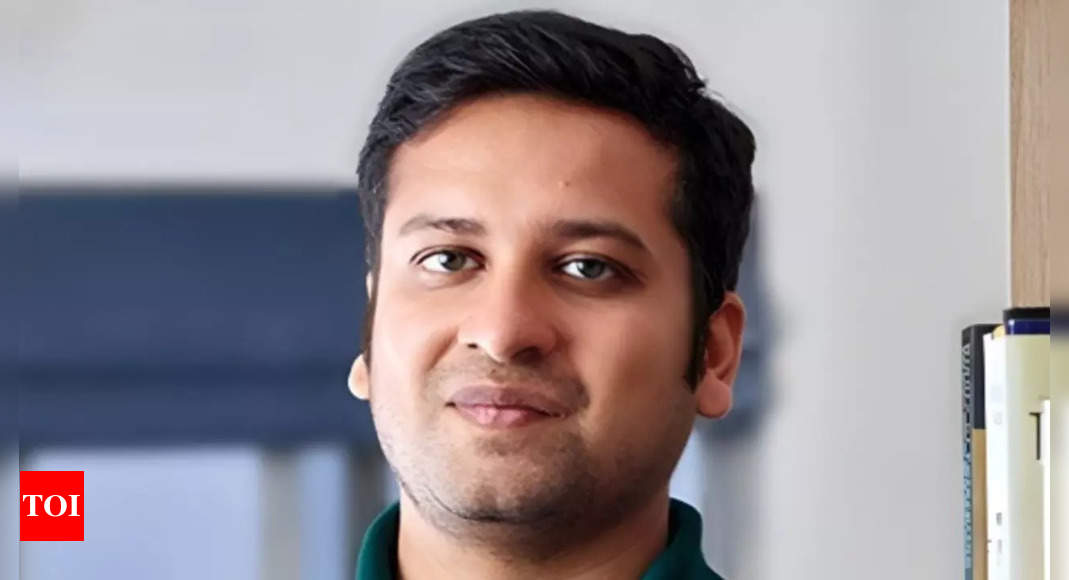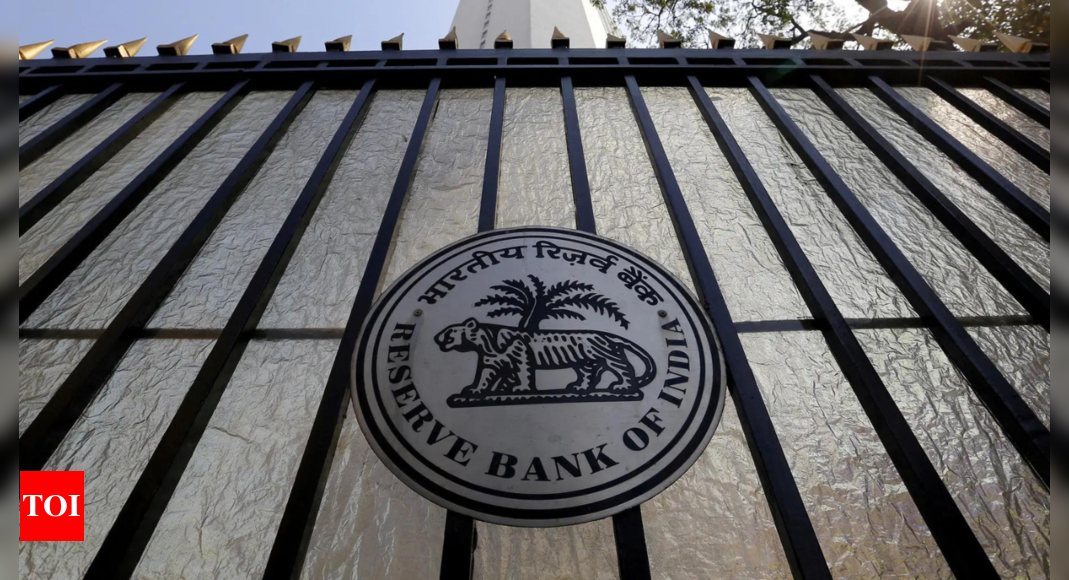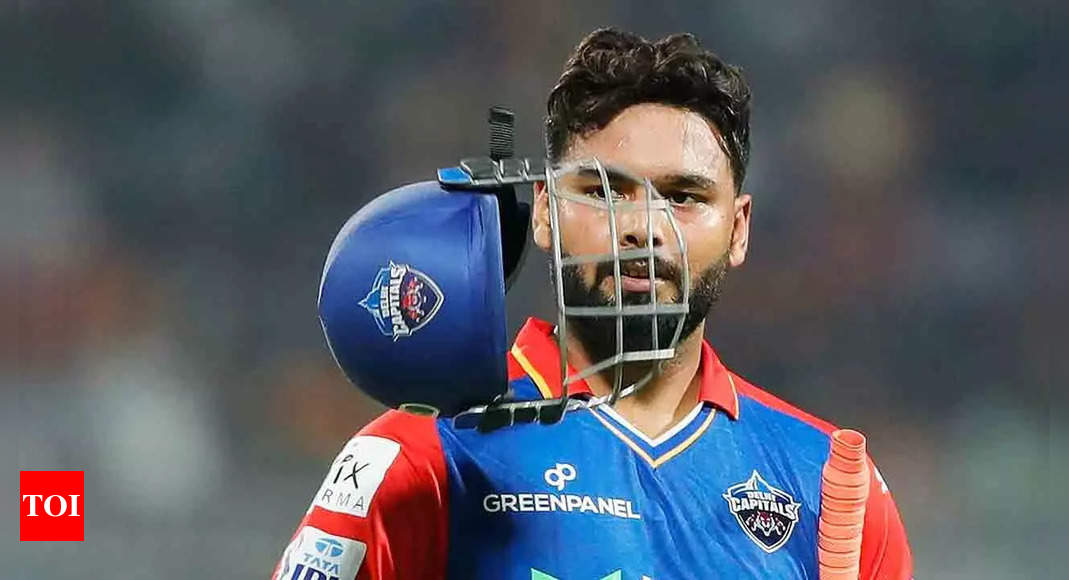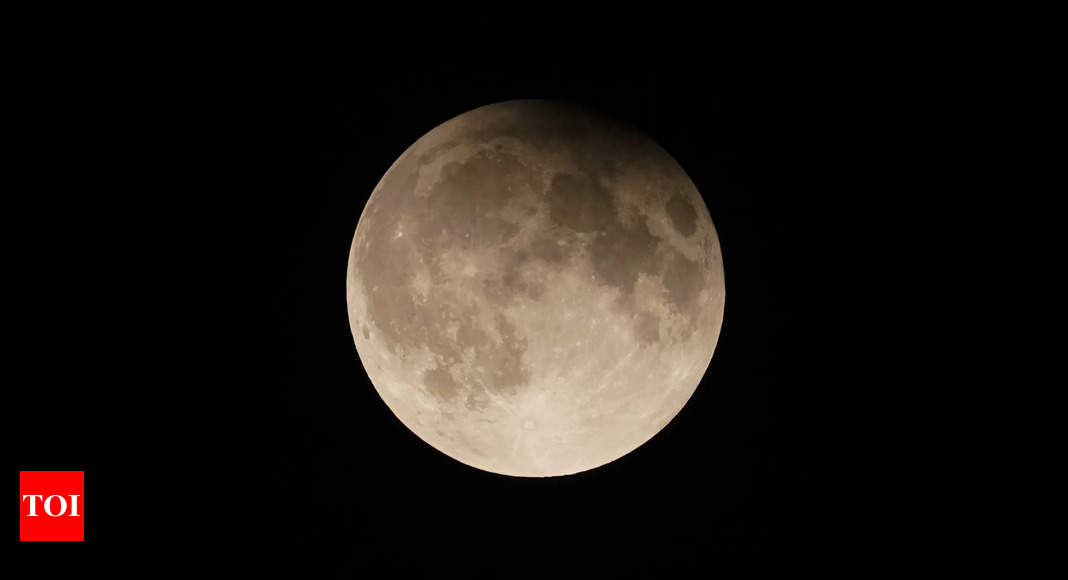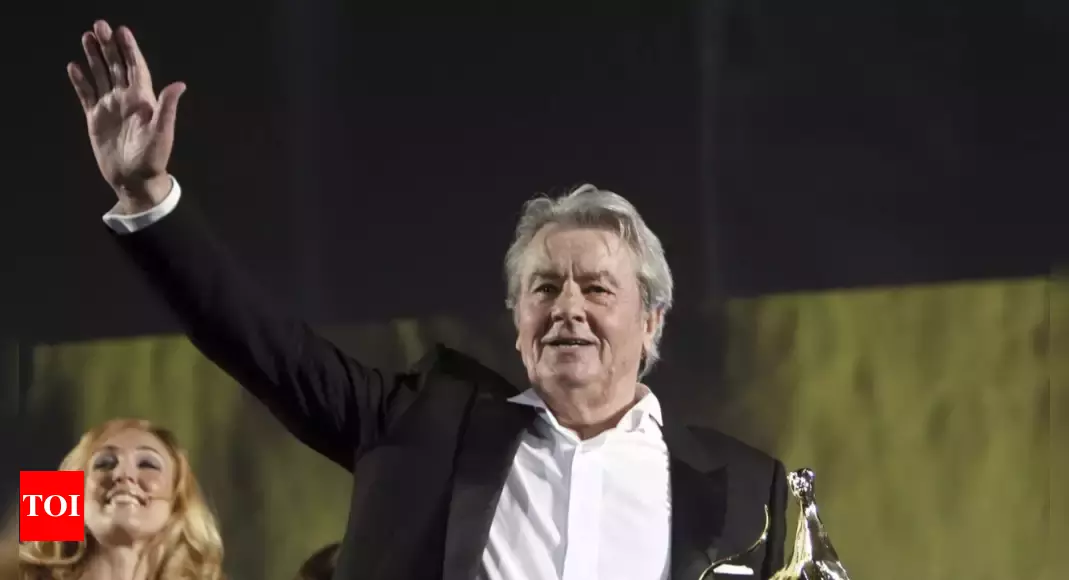
PARIS: French actor Alain Delon, who melted the hearts of millions of film fans whether playing a murderer, hoodlum or hitman in his postwar heyday, has died, French media reported on Sunday. He was 88. He had been in poor health since suffering a stroke in 2019, rarely leaving his estate in Douchy, in France’s Val de Loire region.
With striking blue eyes, Delon was sometimes referred to as the “French Frank Sinatra” for his handsome looks, a comparison Delon disliked.Unlike Sinatra, who always denied connections with the Mafia, Delon openly acknowledged his shady pals in the underworld.
In a 1970 NYT interview, Delon was asked about such acquaintances, one of whom was among the last “Godfathers” of the underworld in the Mediterranean port of Marseille. “Most of them the gangsters I know … were my friends before I became an actor. I don’t worry about what a friend does. Each is responsible for his own act. It doesn’t matter what he does.”
Delon shot to fame in two films by Italian director Luchino Visconti, “Rocco and His Brothers” in 1960 and “The Leopard” in 1963. He starred alongside venerable French elder Jean Gabin in Henri Verneuil’s 1963 “Melodie en Sous-Sol” (“Any Number Can Win”) and was a major hit in Jean-Pierre Melville’s 1967 “Le Samourai” (“The Godson”). The role of a philosophical contract killer involved minimal dialogue and frequent solo scenes, and Delon shone.
Delon became a star in France and was idolised by men and women in Japan, but never made it as big in Hollywood despite performing with American cinema giants, including Burt Lancaster when the Frenchman played apprentice-hitman Scorpio in the eponymous 1973 film. Delon was well past the peak of his fame when he won the best actor Cesar, France’s Oscar equivalent, for his performance as a middle-aged alcoholic grasping for happiness in the Bertrand Blier drama “Notre Histoire” (1984).
Born on Nov 8, 1935, in Sceaux, just south of Paris, Delon was placed with a foster family after his parents’ separation when he was 4. At 17, Delon joined the navy and was sent to Indochina. Back in France in 1956, he held various odd jobs from waiter to a carrier in the Paris meat market before turning to acting.
Delon was outspoken off-stage and courted controversy when he did so – notably when he said he regretted the abolition of the death penalty and spoke disparagingly of gay marriage, which was legalised in France in 2013. He publicly defended the far-right National Front and telephoned its founder Jean-Marie Le Pen, an old friend, to congratulate him when the party did well in local elections in 2014.
With striking blue eyes, Delon was sometimes referred to as the “French Frank Sinatra” for his handsome looks, a comparison Delon disliked.Unlike Sinatra, who always denied connections with the Mafia, Delon openly acknowledged his shady pals in the underworld.
In a 1970 NYT interview, Delon was asked about such acquaintances, one of whom was among the last “Godfathers” of the underworld in the Mediterranean port of Marseille. “Most of them the gangsters I know … were my friends before I became an actor. I don’t worry about what a friend does. Each is responsible for his own act. It doesn’t matter what he does.”
Delon shot to fame in two films by Italian director Luchino Visconti, “Rocco and His Brothers” in 1960 and “The Leopard” in 1963. He starred alongside venerable French elder Jean Gabin in Henri Verneuil’s 1963 “Melodie en Sous-Sol” (“Any Number Can Win”) and was a major hit in Jean-Pierre Melville’s 1967 “Le Samourai” (“The Godson”). The role of a philosophical contract killer involved minimal dialogue and frequent solo scenes, and Delon shone.
Delon became a star in France and was idolised by men and women in Japan, but never made it as big in Hollywood despite performing with American cinema giants, including Burt Lancaster when the Frenchman played apprentice-hitman Scorpio in the eponymous 1973 film. Delon was well past the peak of his fame when he won the best actor Cesar, France’s Oscar equivalent, for his performance as a middle-aged alcoholic grasping for happiness in the Bertrand Blier drama “Notre Histoire” (1984).
Born on Nov 8, 1935, in Sceaux, just south of Paris, Delon was placed with a foster family after his parents’ separation when he was 4. At 17, Delon joined the navy and was sent to Indochina. Back in France in 1956, he held various odd jobs from waiter to a carrier in the Paris meat market before turning to acting.
Delon was outspoken off-stage and courted controversy when he did so – notably when he said he regretted the abolition of the death penalty and spoke disparagingly of gay marriage, which was legalised in France in 2013. He publicly defended the far-right National Front and telephoned its founder Jean-Marie Le Pen, an old friend, to congratulate him when the party did well in local elections in 2014.




